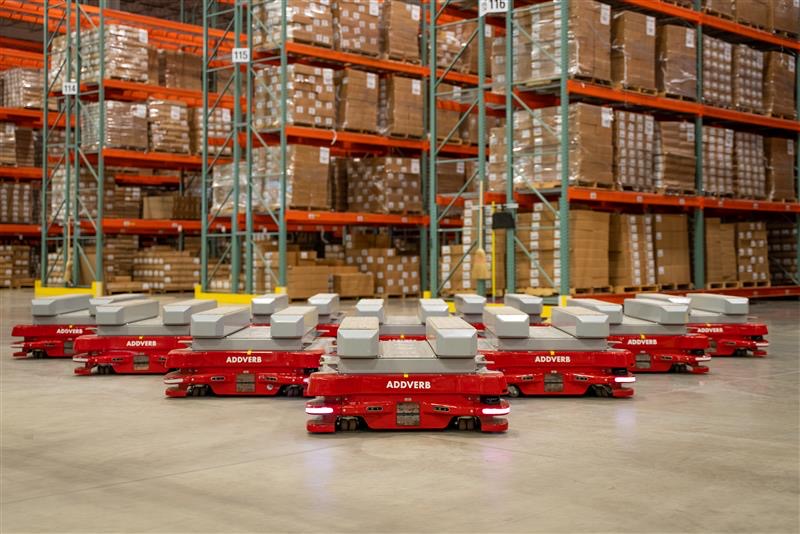
In the rapidly evolving industrial landscape, automation has transitioned from a luxury to a necessity, fundamentally reshaping how organizations operate across sectors. As businesses strive to meet the surging consumer demands of today’s market, they are confronted with an array of challenges, including rising operational costs, persistent labor shortages, and the urgent need for quick, high-quality service delivery. In this environment, automation technologies, such as robotics, artificial intelligence (AI), and sophisticated software solutions serve as critical enablers. They streamline operations, minimize human error, and significantly enhance productivity. For instance, automated machinery in manufacturing can run continuously, dramatically increasing output while minimizing downtime. In logistics, automation optimizes inventory management and order fulfillment, ensuring swift and efficient product delivery to customers, thus setting a new standard for operational excellence.
The imperative for businesses to embrace automation is amplified by the digital transformation sweeping across industries and the advent of Industry 4.0, which merges digital, physical, and biological systems. Organizations that resist this shift risk obsolescence, grappling with the complexities of global supply chains and failing to adapt to the rapid pace of change. Automation is no longer a mere option; it is a strategic investment critical for long-term success. By integrating automation into their core operations, organizations can boost efficiency, reduce costs, and cultivate a culture of innovation, thus positioning themselves to seize future opportunities in an increasingly dynamic economic landscape. In this context, it becomes essential to explore the key trends shaping the automation market that will dictate its trajectory moving forward.
1. Integration of Artificial Intelligence (AI) and Machine Learning (ML)
The infusion of AI and ML into automation systems is revolutionizing operational paradigms across industries. By harnessing these technologies, organizations can analyze vast datasets in real time, facilitating predictive maintenance and enhancing decision-making processes. AI-powered robots can learn from their environments, adapt to fluctuations, and optimize their performance autonomously. This not only enhances operational efficiency but also significantly reduces downtime and operational costs, marking a transformative leap in how businesses approach automation.
2. Rise of Collaborative Robots (Cobots)
Collaborative robots, or cobots, are reshaping the workforce landscape by working alongside humans to enhance productivity while prioritizing safety. Unlike traditional industrial robots that operate in isolation, cobots can share workspaces with human workers, effectively taking on repetitive or hazardous tasks. This trend is particularly beneficial in manufacturing and logistics, where flexibility and efficiency are paramount. As companies increasingly integrate cobots into their operations, we can expect a notable rise in hybrid work environments that blend human intelligence with robotic efficiency.
3. Increased Focus on Sustainability
Sustainability has emerged as a central tenet of modern automation strategies. Organizations are increasingly recognizing the imperative to reduce their carbon footprint and adopt eco-friendly practices. Automation plays a crucial role in achieving these sustainability goals by optimizing energy consumption, minimizing waste, and improving resource management. For example, automated systems can continuously monitor energy usage, enabling companies to implement strategies that lower their energy consumption without compromising productivity.
4. Growth of the Internet of Things (IoT)
The IoT is transforming connectivity, allowing devices and systems to communicate seamlessly. In the realm of automation, IoT-enabled devices provide invaluable insights into operational performance. This interconnectedness facilitates remote monitoring, real-time data analysis, and informed decision-making. Companies gain enhanced visibility across their supply chains, empowering them to respond swiftly and efficiently to emerging challenges and opportunities.
5. Smart Warehousing and Supply Chain Automation
With the exponential growth of e-commerce, the demand for smart warehousing solutions is on the rise. Automated storage and retrieval systems, powered by advanced robotics and AI, are revolutionizing inventory management and order fulfillment processes. This trend transcends mere speed; it emphasizes accuracy and adaptability in meeting customer demands. Automation technologies, including automated guided vehicles (AGVs) and sorting systems, are becoming integral to modern supply chains, enabling businesses to adjust to fluctuating market conditions seamlessly.
6. Talent and Skills Development
The rapid advancement of automation technologies necessitates a skilled and adaptable workforce. Organizations are investing in training programs to upskill employees, ensuring they can effectively collaborate with new technologies. This focus on talent development is crucial for addressing the skills gap that automation may create, allowing companies to fully harness the potential of their automation investments.
The automation market is undergoing a transformative phase, propelled by technological advancements and shifting business needs. As we look to the future, it is evident that automation will play a central role in driving growth, enhancing competitiveness, and shaping industries. By embracing these trends, organizations can not only prepare for the challenges ahead but also position themselves as leaders in the new era of automation.
Author







